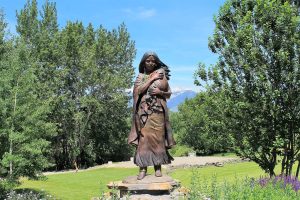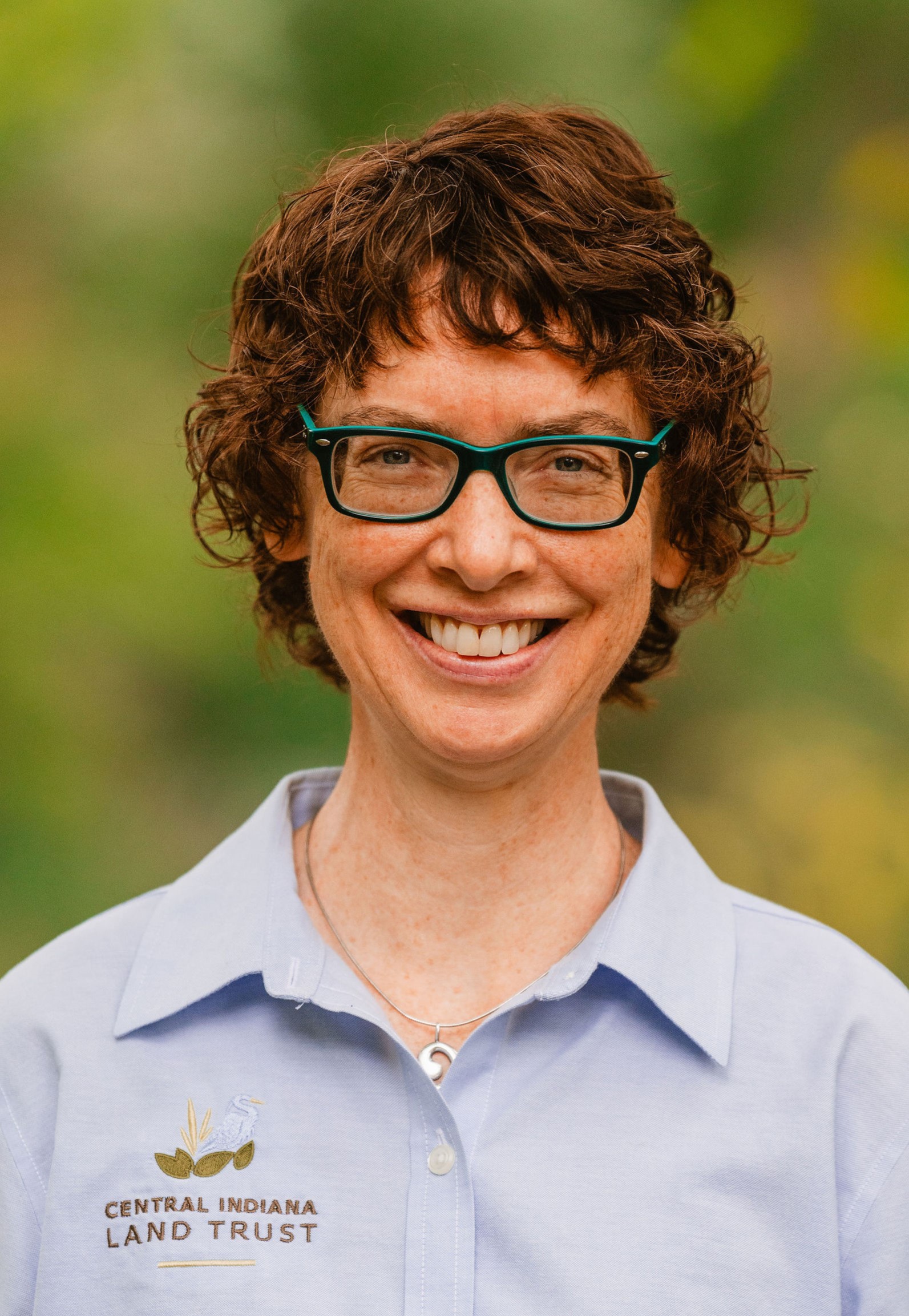For Women’s History Month, we have been seeking the “sheroes” of American conservation, particularly among marginalized communities. Realizing many of their names have been lost to time, we honor the BIPOC* women who have long been deeply connected to the land, as well as advocating and caring for the earth.

We start with Sacagawea, a bilingual Shoshone woman who accompanied explorers Lewis and Clark from the northern plains through the Rocky Mountains to the Pacific Ocean—and back again. She is lauded for her translation skills and ability to bridge divides with the people the company met. But she also was a skilled naturalist who was instrumental in helping the party navigate difficult terrain.
Harriet Tubman, celebrated conductor on the Underground Railroad, served as a scout, spy, guerrilla soldier, and nurse for the Union Army during the Civil War. According to a recent Audubon article, she was also an incredible naturalist and outdoorswoman. She had to be, in order to conduct so many enslaved people to safety. Her sweeping knowledge of the region’s environment and wildlife enabled her survival. She used a signature birdcall to communicate, skillfully imitating the barred owl call of Who cooks for you? Who cooks for you-all?
Uncountable women today are carrying the legacy forward. For example, biologist Mamie Parker is a trailblazing conservationist. Before her retirement she served 30 years with the United States Fish and Wildlife Service (USFWS). She was the first Black woman to serve as the Assistant Director of Fisheries and Habitat Conservation. She gained her love of nature from her mother, an avid angler. Dr. Parker endured harassment in the field and went on to receive the US government’s highest honor for career service employees for her accomplishments, the Presidential Rank Meritorious Service Award. She was the first African American inducted into the Arkansas Outdoor Hall of Fame in 2005.
The late Hazel Johnson, “the mother of environmental justice,” founded People for Community Recovery in Chicago in the 1970s to boost environmental awareness and encourage a more sustainable society. She was instrumental in the passing of legislation that directed federal agencies to address their disproportionate adverse health and environmental impacts on minority and low-income populations.
Meanwhile Audrey Peterman, with husband Frank, has been a voice in the conservation movement since 1995. A leader in the movement to make America’s public lands relevant to every demographic group in our population, she has long served on the board of the National Parks Conservation Association. She has authored several books, including Legacy on the Land: A Black Couple Discovers Our National Inheritance and Tells Why Every American Should Care. (She will be a keynote speaker at the upcoming virtual “Biggest Week in American Birding” from Black Swamp Bird Observatory.)
Younger BIPOC women who are showing up for the land include Betsabé D. Castro Escobar, a PhD candidate in the integrative biology program at the University of California, Berkeley, whose passion is preserving traditional plant knowledge; Hawaiian-born Aja Grande, founder of the Ethnobotany Society at Brown University, who seeks to sustain mindful relations with the ‘āina (that which feeds); and Naya Jones, a geographer who studies and archives Black geographies of food and traditional medicine.
“The outdoors belong to all of us,” declared Dianne Dillon-Ridgley in a recent National Wildlife Federation panel. Ridgley was the campus representative at Howard University during the first Earth Day in 1970, interned at the EPA in 1972 and has gone on to become a force in the environmental movement. Her own grandmother’s faculty advisor at Tuskegee in 1919 was none other than George Washington Carver. “The parks belong to all of us. All these spaces belong to all of us…We have always been present.” She is a fierce advocate for “righting and rewriting” the story of land use in the United States.
Resources:
Rooted in the Earth: Reclaiming the African American Environmental Heritage by Dr. Diane Glave
Legacy on the Land: A Black Couple Discovers Our National Inheritance and Tells Why Every American Should Care, by Audrey Peterman
The Rise of the American Conservation Movement: Power, Privilege, and Environmental Protection, by Dorceta E. Taylor
*Black, Indigenous, and People of Color

Shawndra Miller
Communications Director